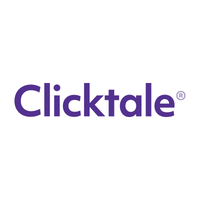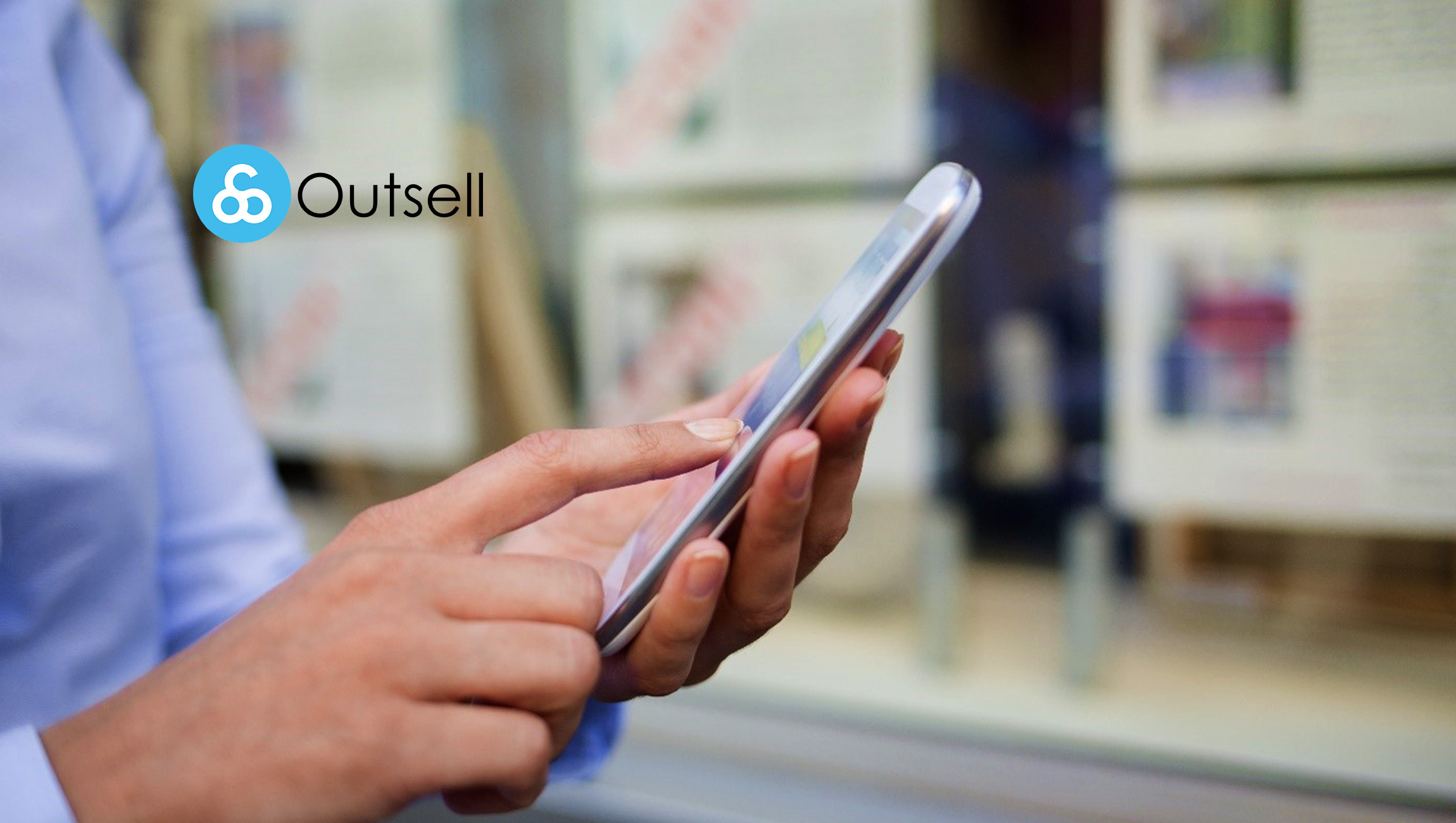 Have you ever reached for your smartphone when you did not have anything to say in a social situation? Or when you wanted to avoid a conversation with a stranger when waiting for your bus? Or perhaps when you simply wanted to read the latest gossip or news during your lunch break? We all have personal experience of resorting to our smartphones in situations of social awkwardness or boredom. But what can we discern from such behavior and how can we, as marketers, tailor our approach for maximum engagement during smartphone use?
Have you ever reached for your smartphone when you did not have anything to say in a social situation? Or when you wanted to avoid a conversation with a stranger when waiting for your bus? Or perhaps when you simply wanted to read the latest gossip or news during your lunch break? We all have personal experience of resorting to our smartphones in situations of social awkwardness or boredom. But what can we discern from such behavior and how can we, as marketers, tailor our approach for maximum engagement during smartphone use?
Consumer behavior on mobile devices is profoundly influenced by a phenomenon called a ‘safe-zone’ — a unique state of relaxation and psychological comfort triggered by engagement with a smartphone. In fact, research carried out by the Wharton School at the University of Pennsylvania and Clicktale points to the fact that the device itself often serves as an attachment object that people turn to in times of worry or stress. This ‘safe-zone’ creates a fundamental shift in the behavior of the users which is visible in distinctive patterns including the types of digital content consumers seek and with which they interact.
Read More: 5 Reasons to Join the Mobile E-Commerce Bandwagon
The ‘Mobile Mindset’
Our research uncovered six psychological elements typically associated with mobile behavior, suggesting the existence of a distinct psychology — a ‘mobile mindset’. To give an example, due to the relaxed nature of the safe-zone, consumers are 35% more likely to engage with entertaining content (pop culture, sport, and ‘guilty pleasures’) than science- or culture-based content. Mobile users also demonstrate a clear desire for instant gratification. On average, they are 6.5% more likely to pay for fast delivery in comparison to desktop users.
It may not come as a surprise that mobile users particularly prefer ‘fast-functional’ content, such as clearance items, coupons and store locators. But delving even further down into the psychology of mobile use, we find that consumers tend to become more self-focused and individualistic. This is manifested by the fact that smartphone users are 84% less likely to donate to give-back programs and 64% less likely to purchase gifts, compared to desktop users.
Read More: Refining the Fuel for the Mobile Marketing Engine
Optimizing Content for the Mobile Consumer
This ‘mobile mindset’ — and the behavior it triggers — has significant implications for businesses as it influences content consumption and purchasing decisions. When developing mobile content, brands should put speed and convenience first, focusing as much on the creation of entertaining content as on the provision of information.
Retailers can use mobile redirects and responsive designs to tailor their mobile sites, pushing offers, discounts and ‘fast-functional’ content to the front of their layouts and designs, helping to fulfill the mobile mindset’s appetite for instant gratification.
It’s becoming more and more important for businesses to tailor customer experiences to not only the individual, but to the device the individual is using and even the setting in which they use that device. By acknowledging that consumer behavior is both highly variable and directly influenced by the device being used — whether that be a laptop or desktop, or a smartphone or tablet — brands can gain a deeper understanding of what their audience wants and can better tailor their digital experiences to match those needs.
Read More: To Unlock Mobile’s Potential, Marketers Must Leverage Unstructured Data




Comments are closed.